ADSactly Culture - Writers in Exile
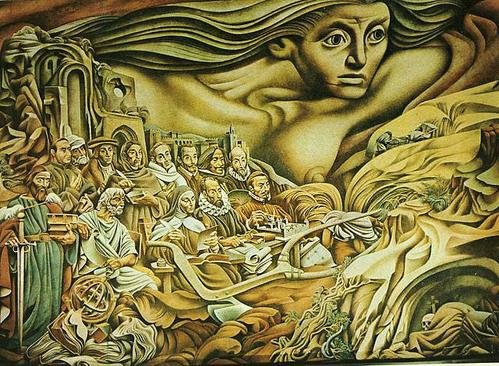
WRITERS IN EXILE
Writing about exile can be fascinating, but experiencing that state can be frightening. Leaving one's country of origin without the promise of returning becomes one of the worst human nightmares and one of the most terrible punishments. To go into exile means the loss of a known environment, original and ancestral, by a strange and alien one.
If we remember, the first exiles were Adam and Eve, who were punished for leaving paradise. After them, history has picked up the sad, long and difficult exodus that some people and even entire villages have had to suffer. To err physically is not as painful as to suffer the abandonment and the bad weather of the one who loses the home, the roof and the floor that sustains it. It is as if the tree loses its roots. There is nothing to sustain it wherever it goes.

Sometimes there is so much desire to escape from the environment that the place where we go is secondary. The idea is to go to a country different from theirs, that opens the doors for them, or simply the one closest in distance that allows them, if it is the case, to return, not to feel so far from their soil. Writers have also had to experience this uprooting. Writers do not live with their eyes closed, they see the same grey sky that everyone sees, they smell the same rottenness, the same smell of mourning. They feel expelled, not only from their country but also from their referent.
Stories abound of writers who have had to leave their country of origin or stories of characters who have gone into exile in search of a better future, to fight great battles, to grow up or simply have deserted because of totalitarian governments.
Dante Alighieri, Victor Hugo, Joseph Conrad, Isabel Allende are some of the writers who from exile made the best of their literary work. Similarly, we find works such as The Odyssey, The Song of My Cid, the Divine Comedy, among others, which tell stories of wandering men in search of a better destiny.
"Exile is a recurring theme in Western tradition. Interior exiles, politicians and volunteers occupy many of the pages of the literature of all times... In the twentieth century many left their native land where they could no longer live. Wars, political persecutions, adverse situations, or the difficulty of living burying one's gaze in the asphalt, have traced the path to exile and the breadth of their kingdom,"
explains Marina Gasparini Lagrange (2012) on the thematic recurrence of exile in writers and their works.
In the following lines I will try to recall some of those writers who were uncomfortable for some regimes and were forced to leave their homeland, even until the end of their days. The estrangement for not coinciding with a thought, the loneliness imposed by arbitrary and extremist governments.
Let's start with Victor Hugo, whom we have already mentioned, and who was not only a writer but also a politician of his country, France. This led him to have to face Luis Bonaparte, after he had made a self-coup. Due to the fierce opposition he gave to the newly appointed emperor, Victor Hugo's life was in danger, and so on December 11, 1851, he had to escape, with a false passport, from France to Belgium. From here he was also expelled, after publishing a political text against Napoleon III, titled Napoleon the Little One. Then he went to the British dependency of Jersey from where he was also expelled for criticizing Queen Victoria for her visit to France. After this new exile, he settled in Guernsey, a British Crown Dependency. As far as can be seen, Victor Hugo's combative and frank spirit brought him not only enemies, and not one, but several expulsions. The miserable ones, as well as others of his great works were written in his years of exile. In it it is said: "Volcanoes throw stones and revolutions men". Like stones, men are expelled to seek one life, another, far from the danger that is the home, the homeland.
Another of the great intellectuals who had to suffer not only exile, but also contempt for his country, was Walter Benjamin, one of the most lucid German philosophers, literary critic, essayist of modernity, who came to write in very precarious economic conditions. This German philosopher spent his life in economic hardship. After Hitler came to power, he had to emigrate from his native Germany to France, where he had to leave after the Nazi troops invaded that country. Benjamin, who on many occasions ignored the advice of his friends who encouraged him to leave Europe, decided to travel to Spain and then embark for the United States. After a long and cumbersome journey, the authorities did not allow him to enter Spanish territory and handed him over to the French authorities and, consequently, he was deported to Germany. In light of this, that night, in room three of a hotel guarded by the police, Walter Benjamin consumed a high dose of morphine thus ending a life full of uprooting and hardship. It would be worth remembering in this part a quote from Albert Camus: "I would like to be able to love my country without being able to stop loving justice. I don't want any kind of greatness for him, let alone blood and lies. I want justice to live with him and give him life".
It should be noted that sometimes this exile is not because of the writer's expeditious opposition to the government in office, or at least they are not the causes that the government uses to expel him from his country. Sometimes that exile can come as a response to another behaviour, as in the case of Joseph Brodsky who at the age of 33 was considered a social parasite and had to leave his country, Russia. What is worth saying is that some governments anaesthetize force, hope and although Brodsky lived his exile in the United States, upon his death, his ashes were sent, at his request, to Venice, and he never extolled American culture. Moreover, one of the most studied elements of this writer's life was the adoption he made of a foreign language (English), which he used only in writing essays, not poetry, since he said that the poet felt only in his natural language. We see with this then, how the exiled is sometimes not only expelled from his country, he is also expelled from his referent. In 1985, Joseph Brodsky said: "There is no country that dominates the art of destruction of its subjects like Russia, and a man with a feather in his hand cannot remedy the situation". It is alienation but not forgetfulness. We sense from his words that sometimes the enemy is in the same house and that he, as a writer, does not have the power to go against that enemy. There is a veiled resignation.
Exile, we must say, does not always mean helplessness and ordeal for the person who is forced to leave his country, this was the case of Milan Kundera. Due to his opposition to the government of his country, the Czech Republic, not only was his literary production banned but also his stay, with no possibility of return. Although by 1975, Kundera was considered and known as a great writer of his country, all his work was censored and considered persona non grata. That same year he was expatriated. In 1981 he became a French citizen. In 1986, during his exile, Kundera published The Unbearable Lightness of Being, one of his best-known works, which catapulted him into universal letters. In Kundera's case, exile represented freedom and stopping speaking in his language, a liberating and independent act:
However, far from the traumatism, the writer claims this experience naming it "act of freedom". Fascinated by exile, Kundera tackles the subject in his novels, sharply describing the paradox of belonging to his origins.
For him, uprooting, although forced, represented the possibility of expressing oneself freely. The house, the country, would have represented the death of his spirit.
In Latin America there are also plenty of cases of those who escaped from the bloodthirsty southern dictatorships. How many Argentines, Chileans, Uruguayans did not write from Canada, Spain or Mexico? How many Cuban writers did not have to leave the island because of the government of Fidel Castro?
Regarding the Cuban exile, one of the most emblematic examples is Reinaldo Arenas, who at the beginning was an ally of the Cuban Revolution, then became a politically persecuted person, not only because of his opposition to the loyalist government, but also because of his open homosexuality. Arenas was not only imprisoned but humiliated, punished with the most terrible humiliations. This led to a strong depression and disappointment in him, with the environment and with himself. Although he had tried to leave the island several times and had failed, he did so in 1980, when Fidel Castro allowed any dissident to his government and other people considered undesirable to leave through Mariel. Already residing in the United States, he was also rejected by the strong conservatism and homophobia of the Cubans exiled in that country. In 1987 he was diagnosed with the AIDS virus and three years later, in 1990, he committed suicide. Before doing so, he sent a letter to all his friends and to the press where he blamed Fidel Castro for all his hardship in exile. In an interview he offered to Cuban doctor of philosophy. Perla Rozencvaig, Arenas spoke of his writing and his country:
Perhaps a probable reader of my work will say: How much these people suffered What world they had to live. How much pity we feel for them.
The writer's soul is emptied of so much talking about his sorrows, of carrying the rubble of a country, waiting for words to echo in people.
Fleeing is a verb also used these days in Venezuela. Similar to what happened in other countries, in my country writers are emigrating. Although it is true that there has not yet been any declared persecution against an intellectual, it is no lie that many have gone into self-exile because the political, economic, social and human conditions do not lend themselves to being inside the country. Venezuela has become a time bomb where no one guarantees your life. Living is a costly verb in Venezuela.
Gustavo Guerrero, Miguel Gómes, Juan Carlos Méndez Guédez, Eduardo Sánchez Rugeles, Juan Carlos Chirinos, Gustavo Valle, Israel Centeno, are some of the writers who have decided to leave the country and perhaps never return. The book Pasaje de ida, by writer Silda Cordoliani, gathers the experiences of at least 15 Venezuelan writers who have had to leave the country. Here Israel Centeno, novelist, collects the feeling of those who have left: "I left long before I left". And sometimes the soul goes before the body. It is as if in a moment nothing of the environment matters to you, or you care so much that you create a bubble so that nothing affects you. As the poet T. S. Eliot used to say: "The human being can't stand so much reality". And that is what happens to Venezuelan writers: they left their roots, impressed by the horror.
Many of these writers were never politicians, their only sin was writing, denouncing, feeling. Dictatorial governments know the power of the pencil and the book. Reality can be a very heavy burden and hence their orphan's grief. Will they ever come back? Joseph Brodsky once said, "I think I will return. Poets always come back in body, or on paper". If the writers do not return, their books will come to talk about them and their orphanhood.
Joseph Brodsky, «Por quienes doblan las campanas rajadas», Vuelta, año XVI, 188 (julio 1992), p. 19 (traducción de Aurelio Asiain).
María Gasparini Lagrange (2012). Exilios: poesía latinoamericana del siglo xx. Sociedad de Amigos de la Cultura Urbana: Caracas.
Silda Cordoliani(2013). Pasaje de ida. Alfa: Caracas.
enlenguapropia.wordpress.com/2014/05/20/victor-hugo-el-clamor-de-la-indignacion-contra-el-despota-farsante/
http://www.lecturalia.com/blog/2014/11/17/autores-en-el-exilio-victor-hugo/
http://aesthethika.org/Milan-Kundera-el-exilio-de-la
http://walterbenjaminportbou.cat/es/content/el-darrer-passatge
https://www.actualidadliteratura.com/8-libros-escritos-en-el-exilio/
https://es.wikipedia.org/wiki/Joseph_Brodsky
https://www.letraslibres.com/mexico/joseph-brodsky
https://es.wikipedia.org/wiki/Reinaldo_Arenas
http://www.siempre.mx/2017/08/las-ultimas-palabras-del-escritor-cubano-reinaldo-arenas/
https://www.semana.com/cultura/articulo/escritores-musicos-y-artistas-emigran-de-venezuela/558671
Authored by @nancybriti
Click on the coin to join our Discord Chat

Witness proposal is here:
Go To Steem Witness Page
In the bottom of the page type: adsactly-witness and press vote.

Use small letters and no "@" sign. Or, click here to vote directly!
Thank you!
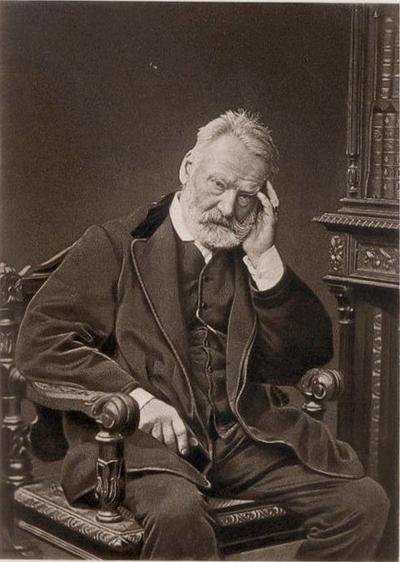
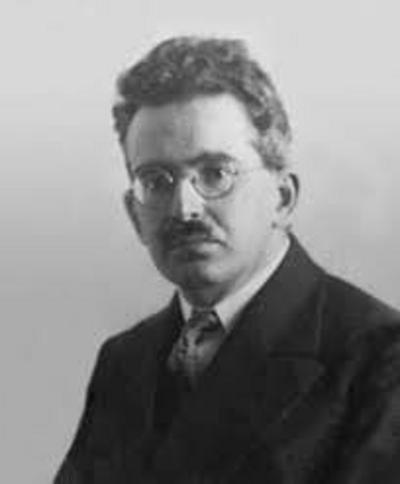
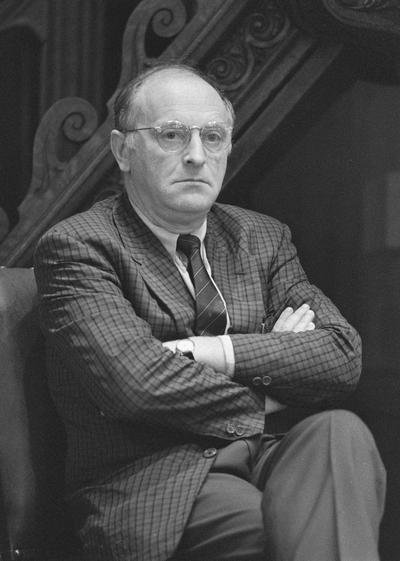
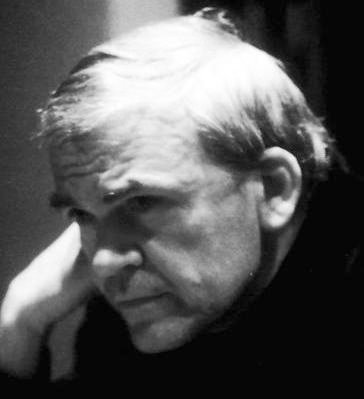
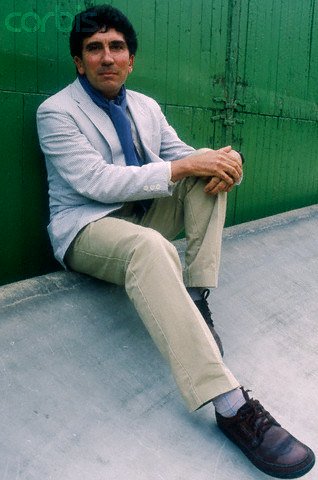
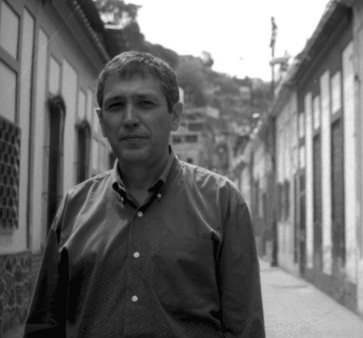
The theme of exile is similar to that of nomadism. In questioning the distance, the wandering, the displacement, the journey, the writer often comes to take an interest in our ancestors - and these first peoples, aborigines, Maoris, Tuaregs or Amerindians - for whom he was natural to move, to follow the game, to flee poor conditions, any threat, trade, or simply obey our bipedal condition: walk, move in
space.
Exile, like nomadism, like travel, allows us to reconnect with our oldest roots. The movement leads to reflection as walking drains the brain; learning a new language provides an opportunity to think differently; the distance gives back. These efforts, these constraints, allow the development of thought, the circulation of culture and of intelligence. Paradoxically, uprooting makes it possible to find one's roots ...
Certainly, @kouba01,exile is a characteristic of the writer, especially if we speak of inner exile, of that capable of making us see, know our spirit and from there our environment. There has always been talk of estrangement, of that capacity to look at things better as we move away. The detail of some exiles is that they were ordered by a government, which also closes their doors; that is, there is no Ithaca to return to, hence the mourning. It is one thing to leave your house, it is another thing to be forced to do so. Thank you very much for your reading and comment! Greetings
What a terrific article Nancy.
As I read it, I was struck by your list of exiled writers. It is almost completely different than my list would have been. Why? Because my list is a full generation older than yours.
Sadly, the exile goes on. Sadly, people have to flee their homes. Sadly, man continues to treat men poorly.
Thanks for a well thought and executed article. Very nicely done.
I'm glad to see you here and that you enjoyed my post, @. Unfortunately, exile continues in our countries. A poet said: "On what day did God create borders? And it is true. The whole earth is one and no one could drive us out of it! Since when does the earth expel the roots of trees? Since when are birds forbidden to cross the sky? Thank you for commenting. Hug!
Siempre las personas que sufren el exilio, cursan con el fenomeno de superación personal ya sea por orgullo o por querer concretar su meta, pero es algo verídico siempre querran demostrar que son capaces y que estaban equivocados todos aquellos que no confiaron ni apostaron por ellos. Lo escribo como un Venezolano en medio de esta migración que sufre mi pais que se le podria llamar exilio
I like to read a Venezuelan like me, @cienciatips! The self-exile we are suffering is a unique thing in this era and in a supposedly democratic people. Venezuela had suffered previous exile, but due to dictatorial governments. If Venezuela lived a true democracy, there would be no reason to see so much exodus, so much migration of professionals and young people. At this rate, we are left with no future. A hug
gracias por tu mensaje, pienso de forma parecida. claro Que te sigo un abrazo desde valencia
I admired Victor Hugo the most. Especially for the struggles he went through. He inspired in ways I cannot tell. I have read and reread his books so many times. I was happy to read more about him here. This was a great article.
Posted using Partiko Android
Thank you for your comment, @abhinavmendhe. Victor Hugo is one of the best writers of all time and semerece all the recognitions. It is from him that famous quote: "Change your opinion but keep your principles. Change your leaves, but keep your roots! On the way we will surely suffer changes, but our essence will always remain. Have a nice day
Our essence will always remain the same. Thank you for writing about one of my favourite writers. :)
Posted using Partiko Android
Great write up @adsactly. Happy weekend
Thank you for commenting
I upvoted your post.
Mabuhay, keep steeming.
@Filipino
Posted using https://Steeming.com condenser site.
Thank you for commenting
@adsactly
Wow great and interesting post too...
Thank you for commenting
What a awesome article!!! Sadly, the exile goes on. Sadly, people have to flee their homes. Sadly, man continues to treat men poorly.
Thanks for a well thought and executed article. Very nicely done. Thank You.
Thank you for your comment, @chuimui. Certainly, man, in the need to demonstrate his power, expels, like God, others who find themselves in the misery of emigrating without having the hope of finding a roof, a home. Greetings